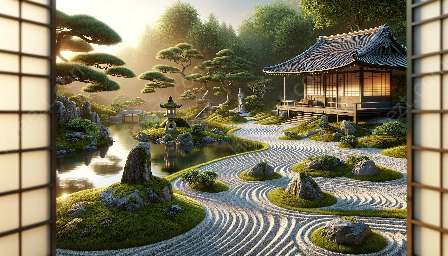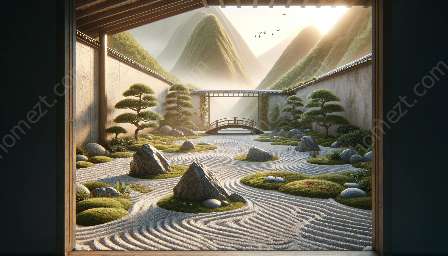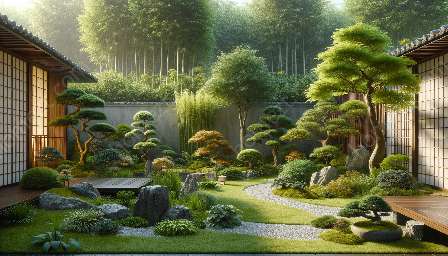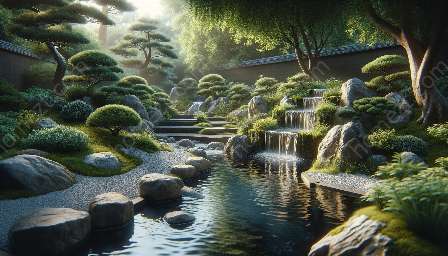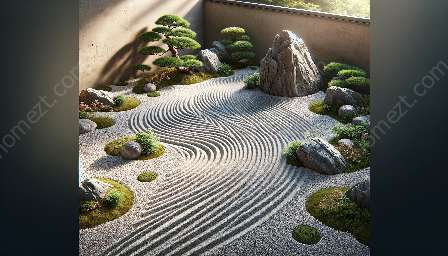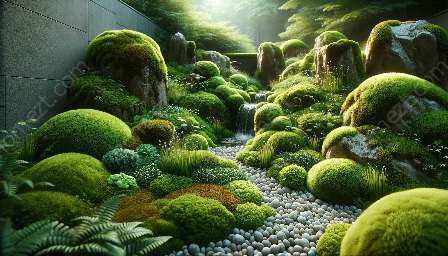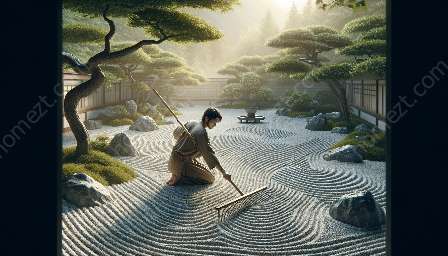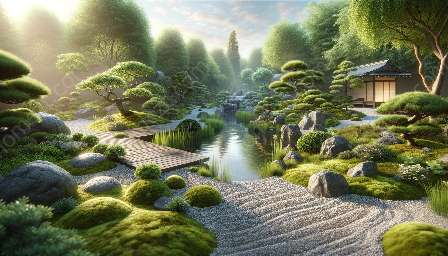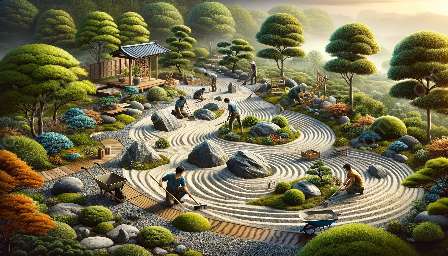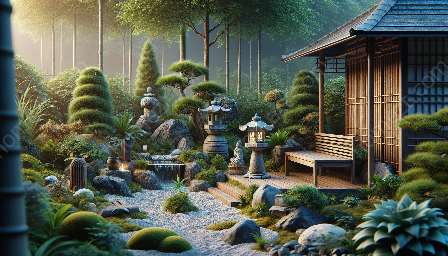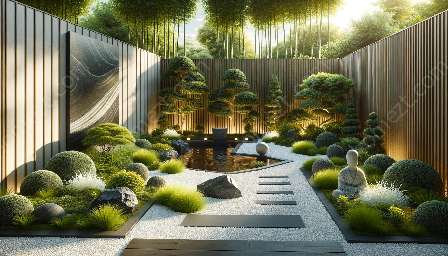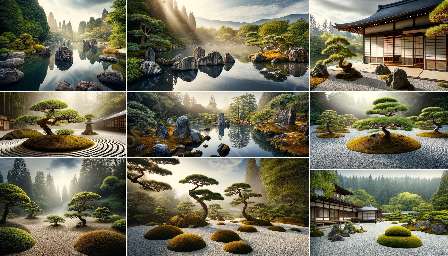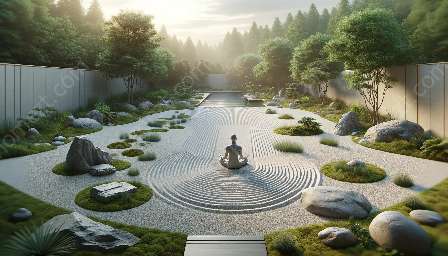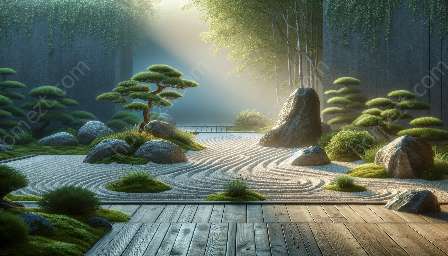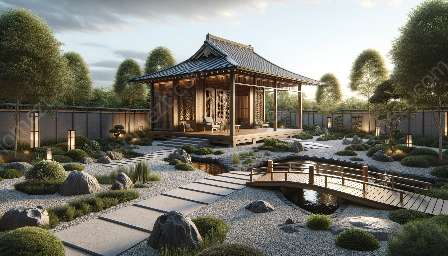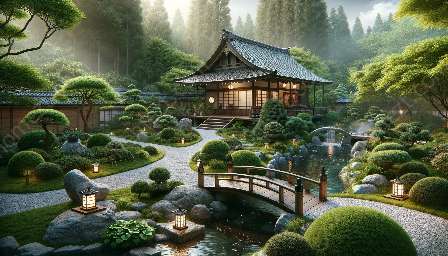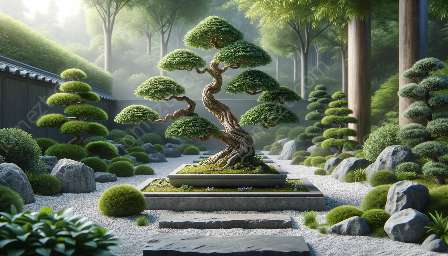Zen gardens, also known as Japanese rock gardens, have long been admired for their simplicity and tranquility. Central to the design of Zen gardens are rocks and boulders, which play a vital role in symbolizing nature, incorporating balance, and fostering a sense of harmony. Let's delve into the significance of rocks and boulders in Zen gardens and explore how they harmonize with gardening and landscaping practices.
The Significance of Rocks and Boulders in Zen Gardens
Rocks and boulders in Zen gardens are not merely decorative elements; they hold profound symbolic and aesthetic significance. They represent mountains, islands, or water, embodying the essential elements of the natural landscape. Their placement is meticulously planned to evoke a sense of serenity and contemplation. In Zen philosophy, rocks and boulders are seen as embodiments of permanence and stability, reminding observers to embrace the present moment and find peace amid life's flux. The deliberate positioning of rocks and boulders in Zen gardens encourages mindfulness and introspection, aligning perfectly with the principles of Zen.
Harmony and Balance in Zen Garden Design
Central to Zen garden design is the concept of capturing the essence of nature in a confined space. Rocks and boulders contribute significantly to achieving this harmony. Through their arrangement, Zen garden designers seek to create a balanced composition that reflects the asymmetrical beauty of nature. The selective use of rocks of different sizes and shapes creates a visual rhythm that mimics the organic flow of natural landscapes. In this way, the gardens invite contemplation and provide a sense of order and tranquility, fostering a connection with the surrounding environment.
Enhancing Gardening and Landscaping Practices
Incorporating elements of Zen gardens, particularly rocks and boulders, into one's gardening and landscaping endeavors can yield numerous benefits. The intentional use of these natural features offers an opportunity to infuse a sense of calm and mindfulness into outdoor spaces. By strategically placing rocks and boulders, individuals can create focal points within their garden landscapes, elevating the overall aesthetic appeal and imparting a sense of introspection and peace to the environment. Moreover, rocks and boulders can serve as organizing elements for arranging plants and other landscaping features, thus contributing to the creation of a balanced and visually engaging outdoor space.
Conclusion
In conclusion, rocks and boulders in Zen gardens hold profound meaning and significance, embodying the principles of Zen and enhancing the aesthetics of gardening and landscaping. Their deliberate placement fosters a sense of tranquility and introspection, inviting individuals to embrace the harmony of nature within their own surroundings. By embracing the essence of Zen gardens through the incorporation of rocks and boulders, gardeners and landscapers can create outdoor spaces that not only captivate the eye but also nourish the soul.

